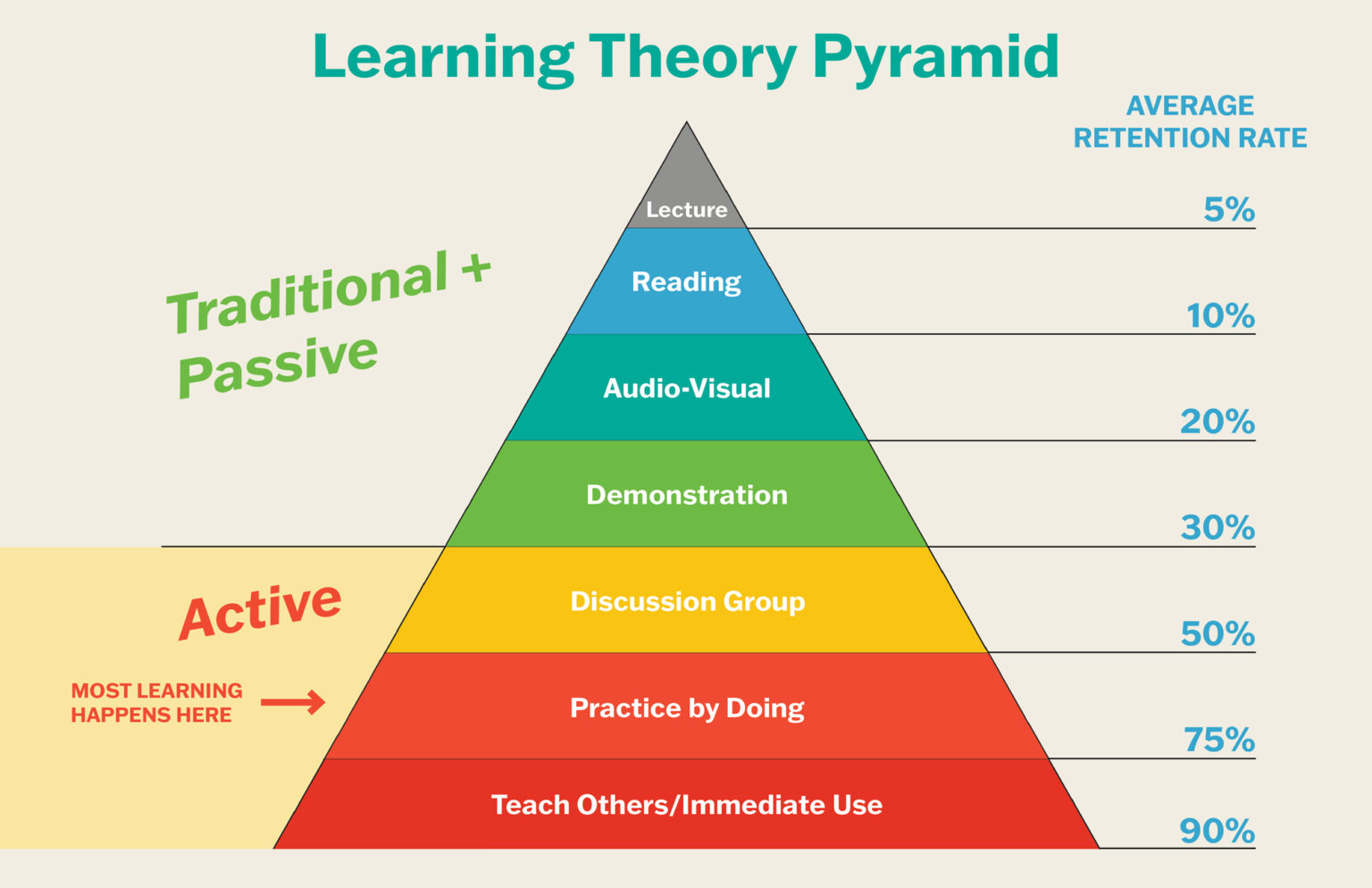Why It’s Important That Your Youngster Keeps Studying Over The Summer
Minnesota Public Radio hosts posed this question to listeners to evoke responses to the question “Does summer vacation still serve a useful purpose?” Responses from moms and dads flooded in. That survey was taken before Covid-19 upended academic programs as parents turned into quasi-teachers to their home-bound kids during quarantines.
Advantages of Enrolling Children to Summer Classes
In some cases, schools are electing to hold summer classes. In others, kids won’t be given this opportunity. As a result, those who do undertake some type of learning shepherded by moms and dads will benefit big time.
Perhaps the time has come to consider the ages-old question about year-round learning. After all, summer vacations came about as a direct result of kids being needed during a time the U.S. was less technologically advanced and more agrarian. Without children’s labor on family farms, families couldn’t have brought in crops.
That’s not the case today, which is why the non-profit group Edvocate has joined other resources in promoting year-round schooling and offers three of the biggest reasons to rethink this subject going forward. Among the top 3 compelling reasons to keep your kids learning over the summer include:
- Year-round students remember what they learn more comprehensively since they don’t fall into the summer slide during which time their brains begin to lose some of the information they worked so hard to retain. When it comes to information retention, summer learners have lots more to gain in terms of being ready for fall since their minds will have been engaged all summer long.
- Summer learning bridges achievement gaps. Every student is unique. Some are economically or socially disadvantaged while others suffer conditions like dyslexia ADD, ADHD, diagnoses on the autism spectrum, and more. As a result, kids burdened with such conditions lose “about 27 percent more of their learning gains in the summer months than their peers,” according to Edvocate researchers. For minorities and disadvantaged children, this figure may be higher, notes Anna Habash of Education Trust, another non-profit.
- Students engaged in learning year-round actually like a school rather than thinking of it as a burden! Without a summer of interruption, continuity strengthens the bond between students and instructors and supports social continuity. As a result, students do not feel detached from the process of learning that frequently occurs during long-term breaks like summer. In fact, scientists have proven that kids attending school year-round are more confident, have higher self-esteem, and tend to exhibit fewer inhibitions about questioning what they learn, traits all parents want to instill in their kids.
But Kids Need to be Kids!
That sentiment is certainly true, but in today’s world, children are on short tethers because the world can be a dangerous place, and just because parents prioritize summer learning, that doesn’t mean kids can’t be treated to parks, swimming pools, park district and camp programs that complement time spent at-home learning. It’s up to you to set the tone, creating a virtual summer camp so you’re not bored either!
Michael French of the Family Features Editorial Syndicate has come up with a long list of ways to boost a summer learning experience for kids of all ages that includes online academic support, so if you are looking for somewhere to start, borrow his ideas.
- Set a specific daily schedule of virtual classes that take into account your child’s attention span
- Build in multiple, intermittent playtimes so kids work out the stress that builds up while sitting
- Arrange a “work area” that’s dedicated just to daily lessons that’s distraction-free
- Make your learning area a device-free zone so there are no distractions during your child’s virtual classes
- When it’s playtime or break time, follow the advice of Harvard behavioral specialists and join in or take “field trips” to the Zoo or other local attractions designed just for kids
- Don’t discount real-world learning opportunities at your virtual summer camp. It won’t seem like learning if you teach kids to bake or find an overseas pen pal since kids won’t have a clue they’re actually learning math and writing skills.
- Allocate library time. Now that the worst of Covid has passed, library trips are especially important, not just for the books but for the kid-focused activities that are once again being added to library program menus.
- Importantly, take advantage of the wealth of online academic support currently available that can add structure and diversity to a daily learning menu.
Why an Online Summer Program?
Because over the past year, your kids have likely become accustomed to some measure of online learning after schools were closed to in-person learning, so this virtual summer camp won’t be a new experience for them. According to Oxford Learning, your youngster benefits significantly for these reasons:
- Convenience: No need to drive anywhere, change kids’ clothing, or pack a lunch; you’ve already got the set-up.
- Flexibility: Since you’re in charge, you can schedule virtual classes around doctor and dental appointments and other tasks that need doing.
- At-home learning is safer and less stressful for kids and your youngster can learn at his or her own pace
- You can repeat lessons and review information that didn’t sink in the first time since every child learns differently
- Customize online summer program curricula to suit your child’s unique interests and learning proclivities
- The variety of resources on today’s market make it easy to find the right online academic support for your child, whether you intend to pay for it or you are seeking help that doesn’t cost a cent.



Comments
Post a Comment